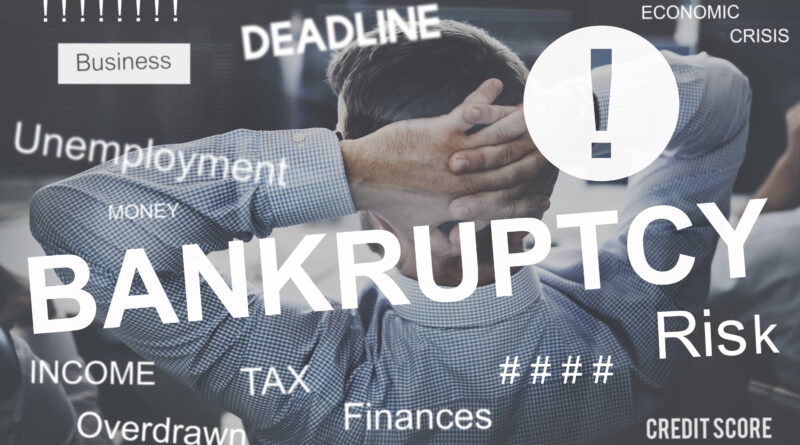Which Option Is Right For You From Bankruptcy And Debt Consolidation?
When faced with overwhelming debt, finding a solution that provides relief and helps regain financial stability becomes a top priority. Two standard options that individuals consider are bankruptcy and debt consolidation.
Both approaches aim to address debt-related challenges but differ in their processes and implications. Understanding the differences between bankruptcy and debt consolidation is crucial in determining which option is right for you.
It will be ideal for you to explore the key factors to consider when deciding between bankruptcy and debt. You can also contact a Montgomery bankruptcy lawyer to understand the right option for your case.
Choosing the right option from bankruptcy and debt consolidation:
- Financial situation
The Financial situation is crucial in determining the right option between bankruptcy and debt consolidation. If you have overwhelming debt and limited income, bankruptcy may provide relief by discharging or reorganizing your debts. On the other hand, if your debt is manageable and you have a steady income, debt consolidation allows you to combine your debts into a single payment, making it more manageable. Assessing your financial situation is the first step in deciding which option is right for you.
- Debt types
Your debt type is an essential factor to consider when deciding between bankruptcy and debt consolidation. Bankruptcy can address many debts, including credit cards, medical bills, and personal loans. However, debts like student loans and tax obligations may not be discharged through bankruptcy. Debt consolidation, on the other hand, can be effective for unsecured debts such as credit cards and personal loans. Understanding your debt types will help you determine which option aligns better with your specific financial situation.
- Credit impact
Both bankruptcy and debt consolidation can have an impact on your credit. Bankruptcy generally has a more severe and long-lasting impact on your credit score, as it remains on your credit report for several years. Debt consolidation, if done correctly and with responsible repayment, may have a less detrimental effect on your credit. When deciding between bankruptcy and debt consolidation, it is essential to consider your future borrowing needs and how each option may affect your creditworthiness.
- Repayment plans
Debt consolidation typically involves creating a new repayment plan to consolidate multiple debts into a monthly payment. It may allow you to negotiate lower interest rates or extended repayment terms, making it easier to manage your debts. On the other hand, bankruptcy offers different types of repayment plans depending on the chapter filed. Chapter 13 bankruptcy involves a court-approved repayment plan, while Chapter 7 bankruptcy typically involves liquidating assets to repay creditors. The right option depends on your specific financial situation and the feasibility of different repayment plans.

